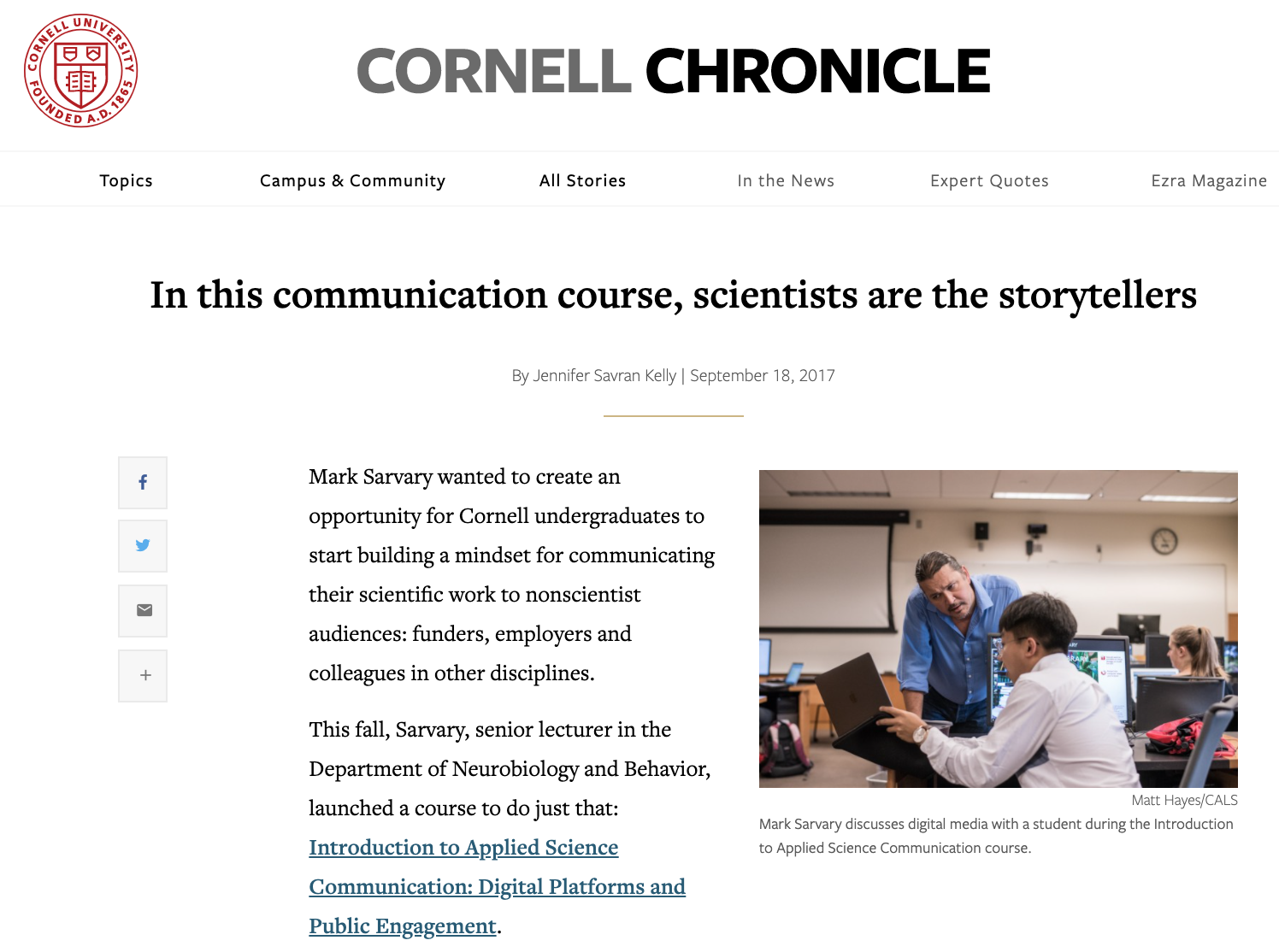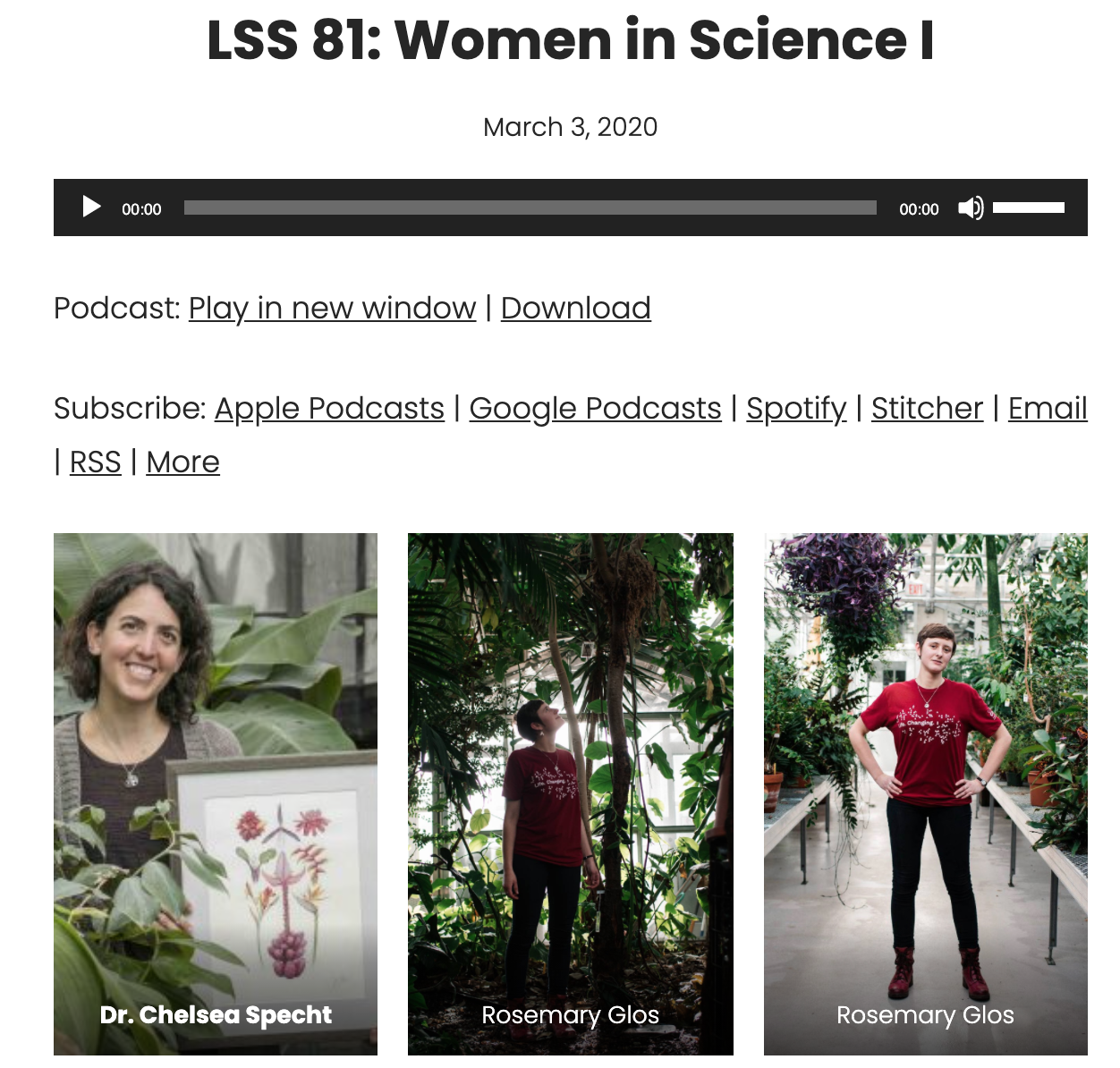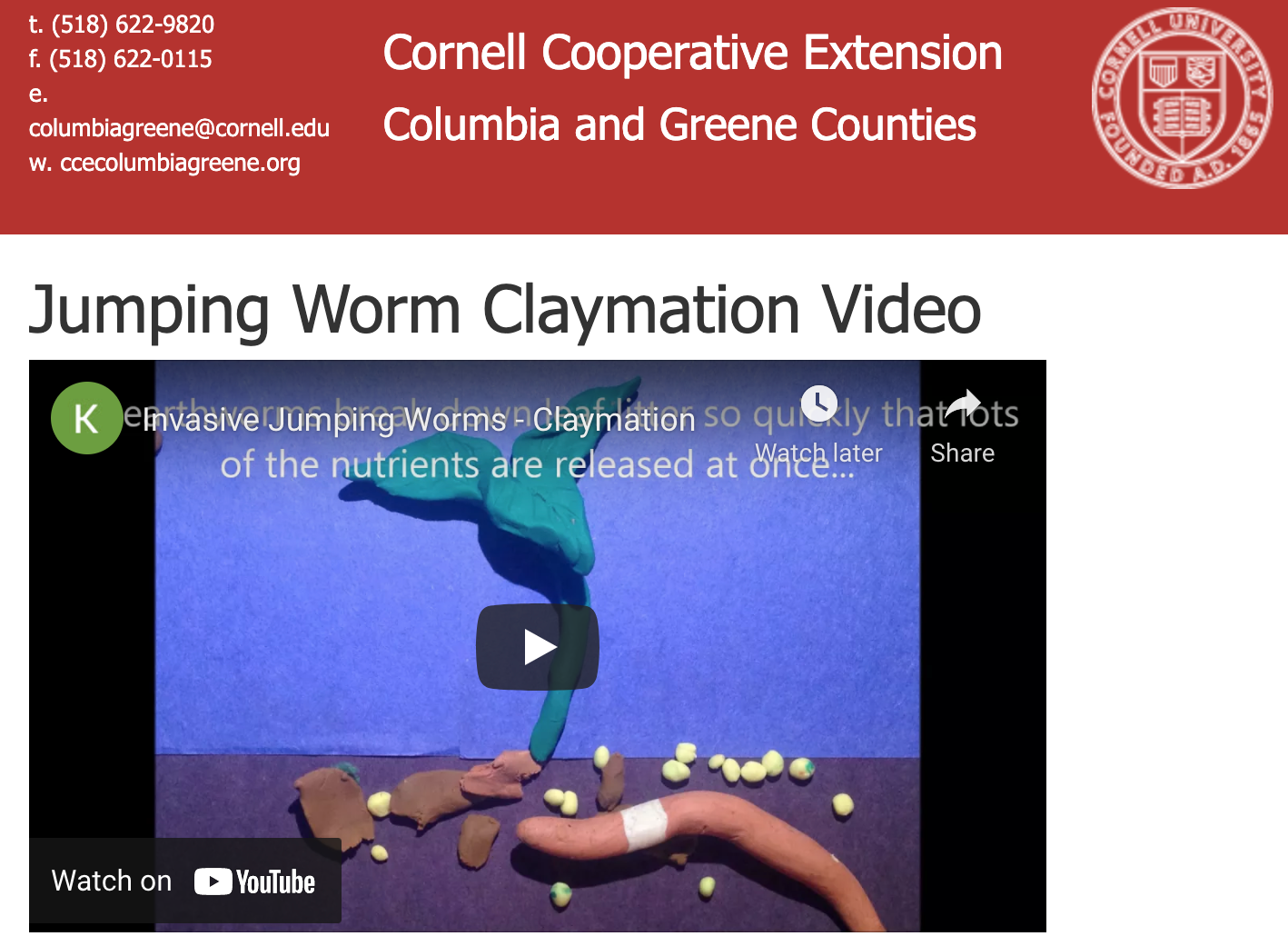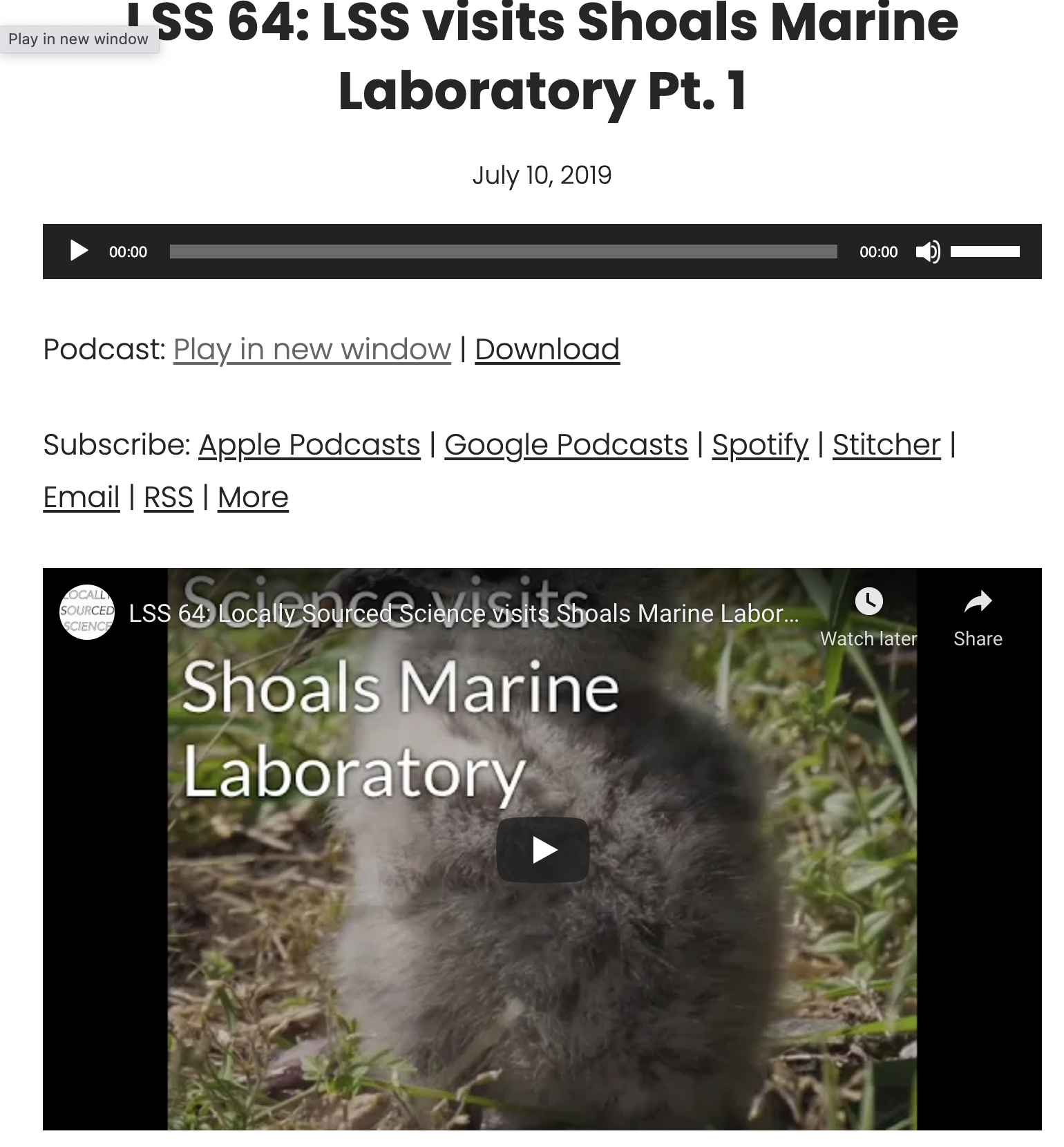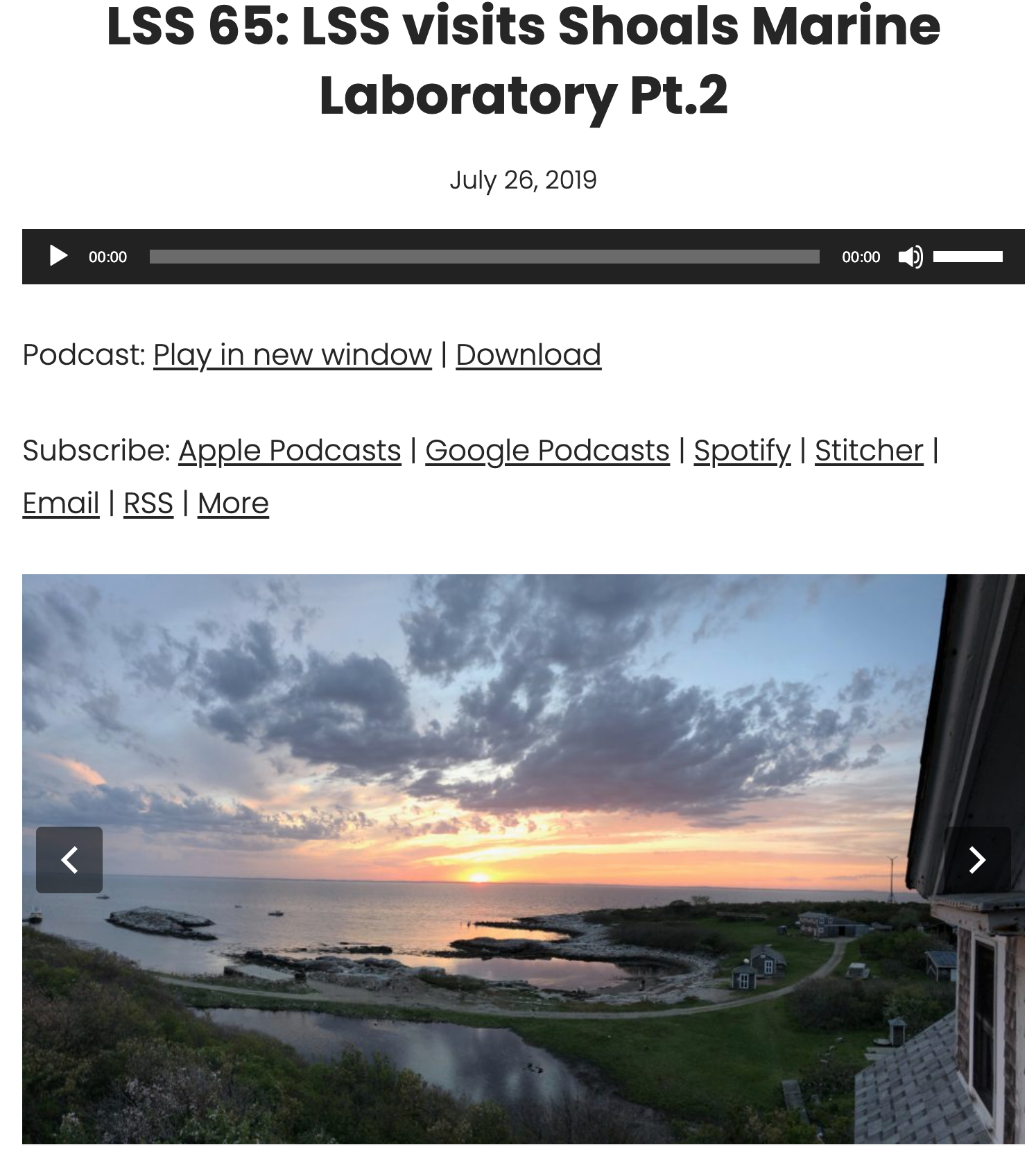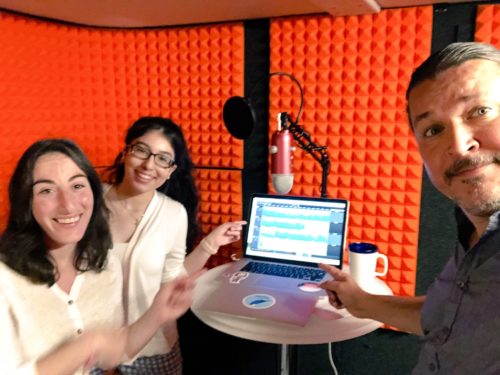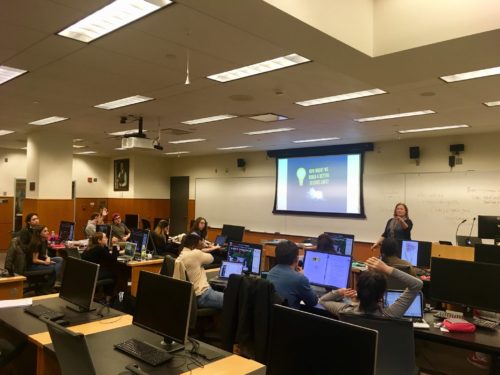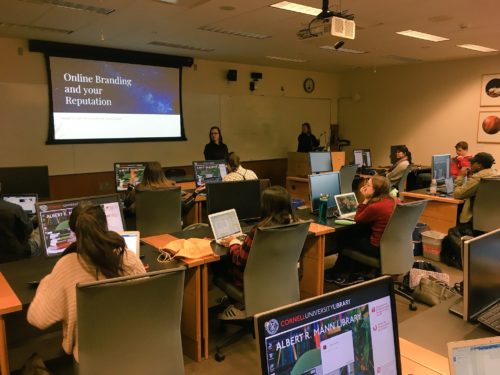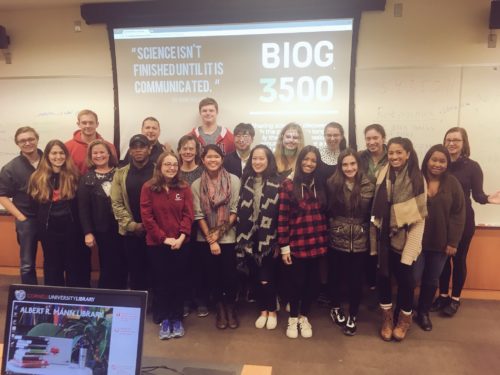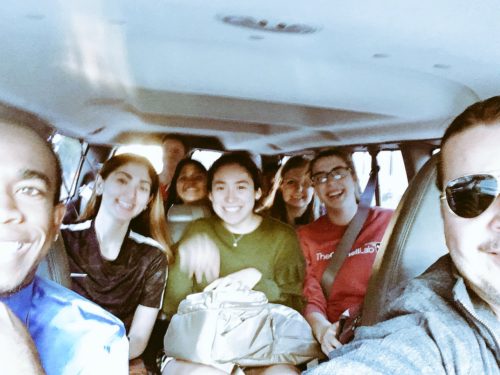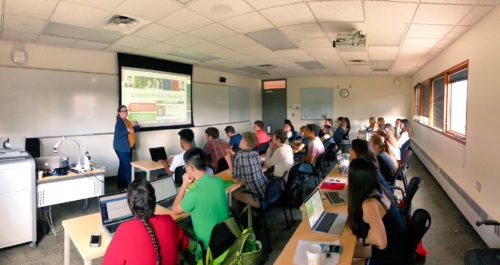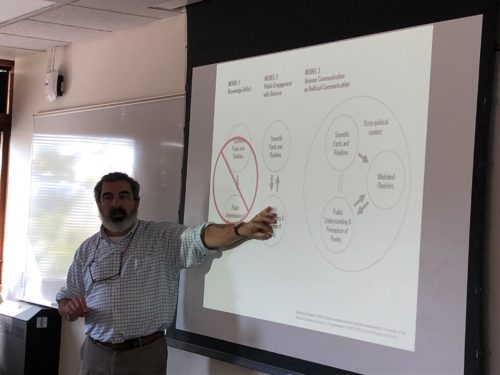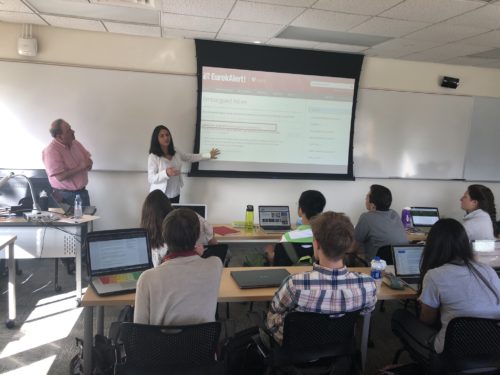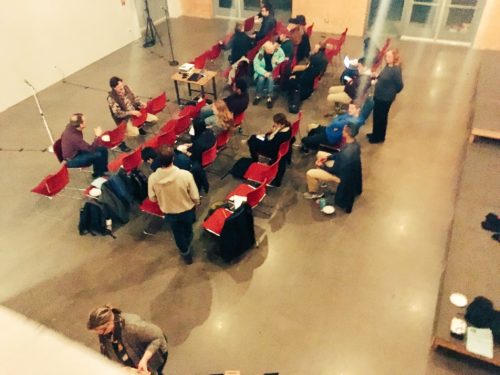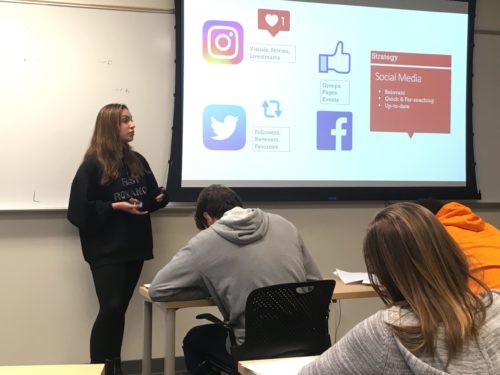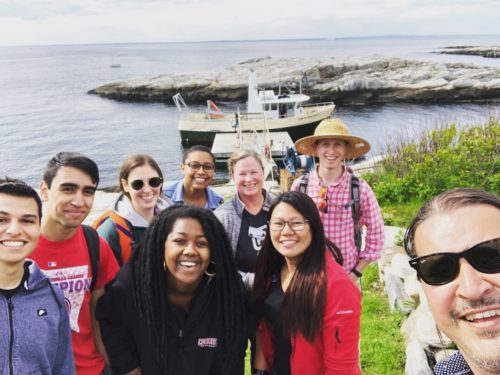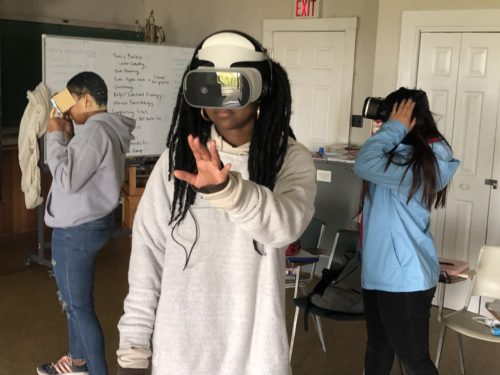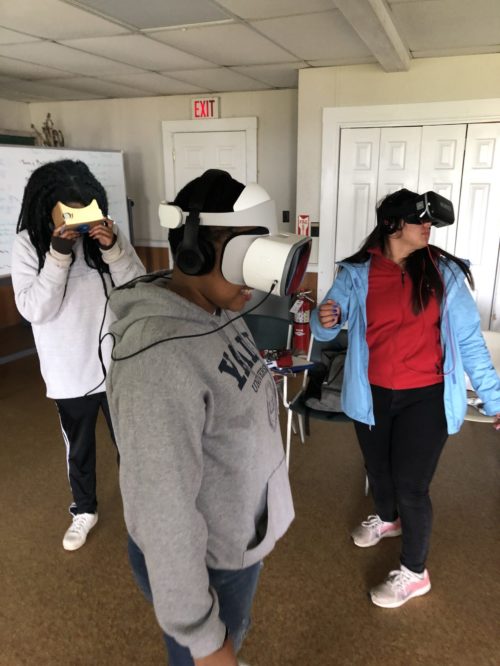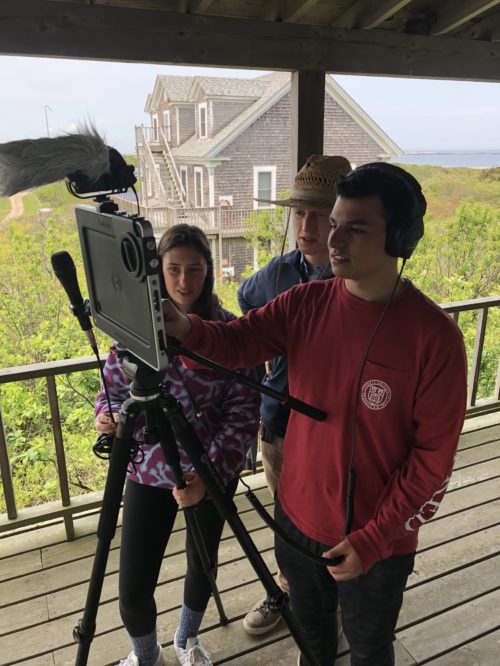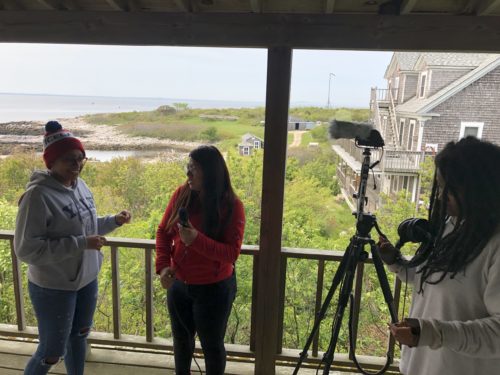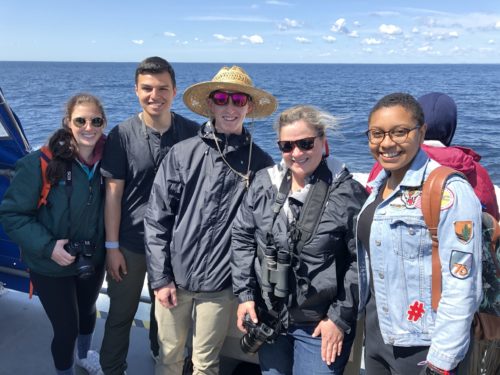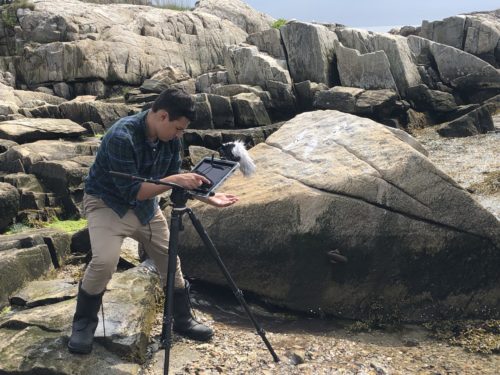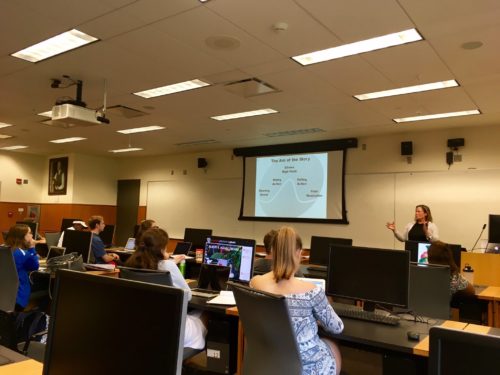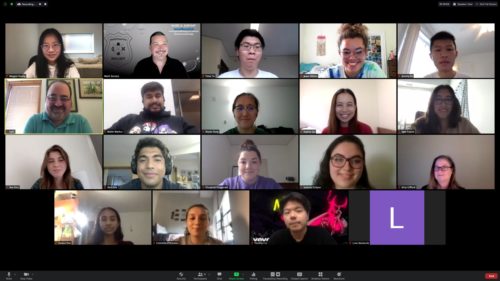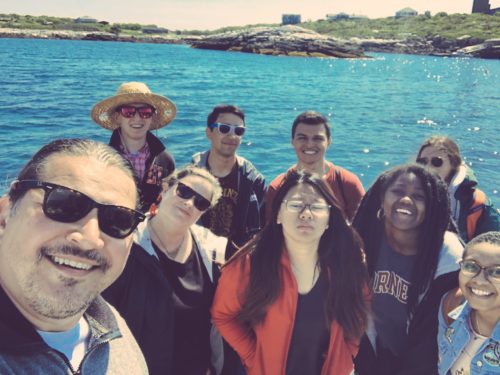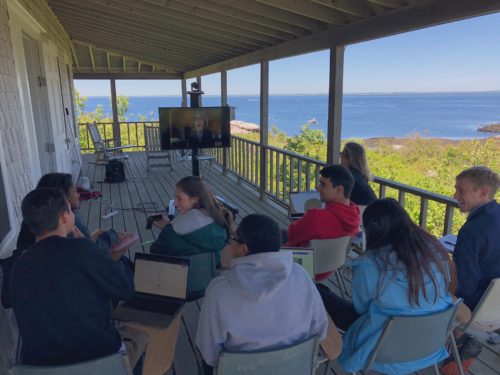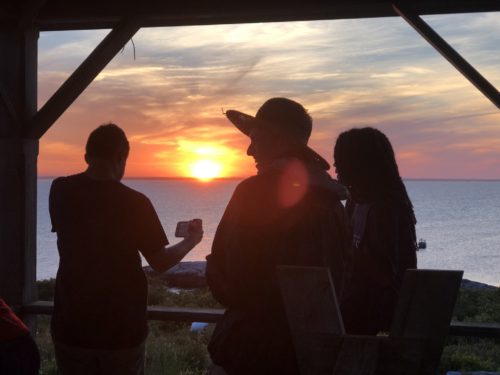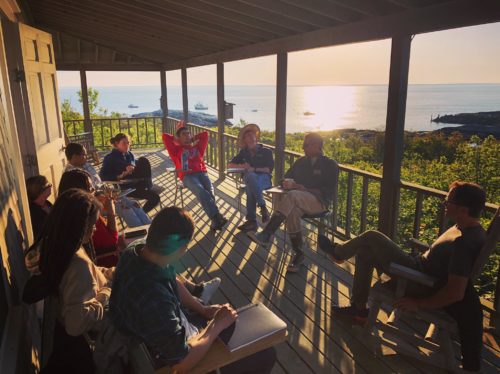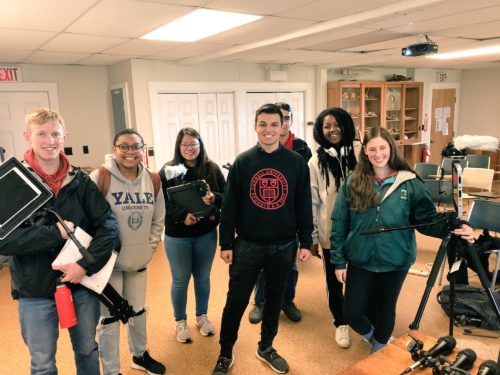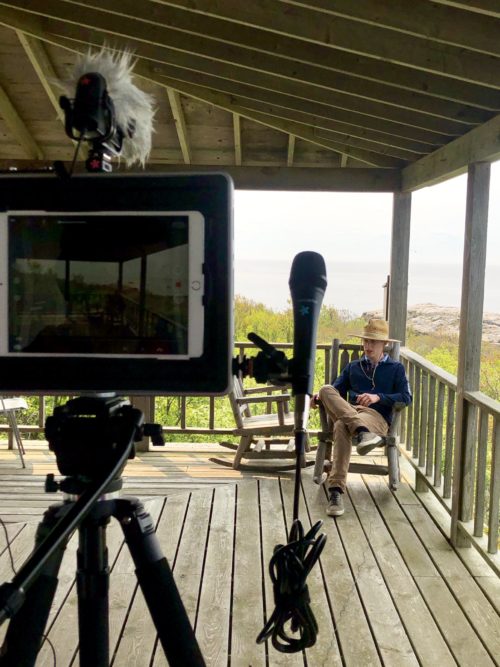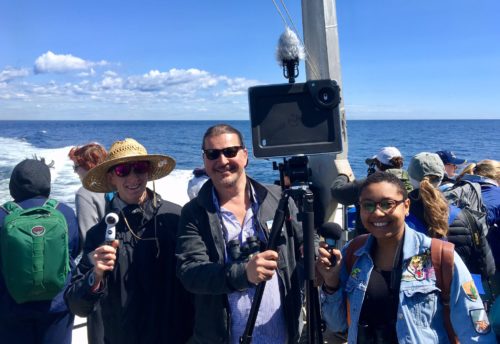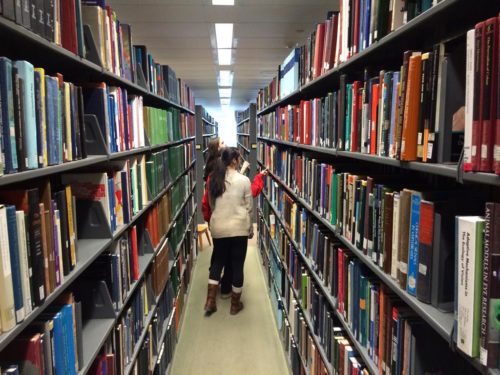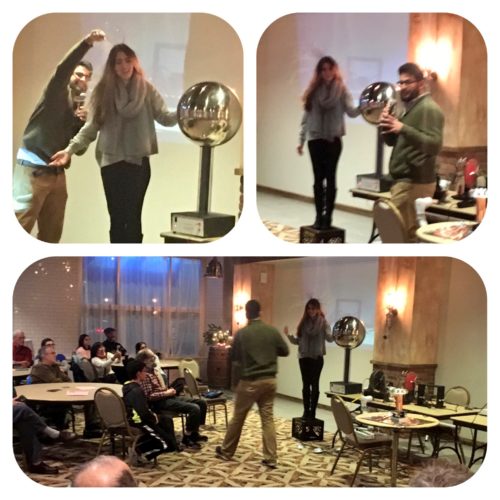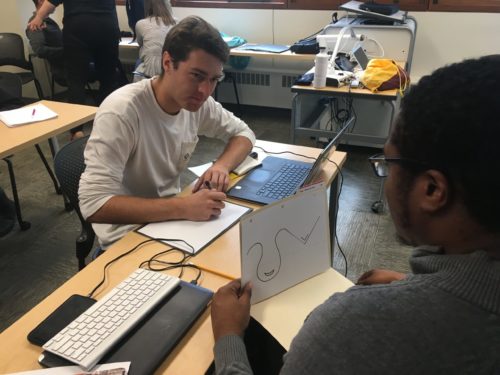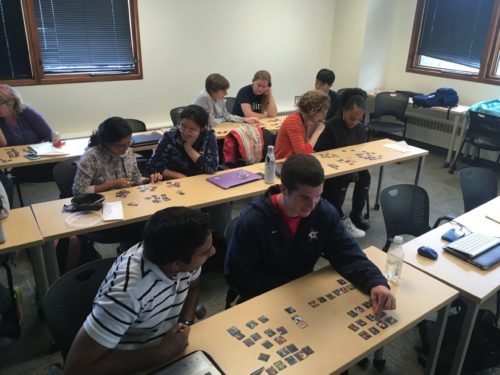BioG 3500 at CORNELL University #CUSciStory Introduction to Applied Science Communication: Digital Platforms and Public Engagement
Science communication (engaging non-technical audiences) should not be an afterthought, rather an integrated part of the scientific process. Sharing scientific discoveries with the publics is no longer solely the job of professional communicators, rather a skill that all scholars should have. But science communication is only impactful if it is done strategically, and is evidence-based.
In this course, students gain important transferrable skills they can use during their scientific careers. Students fill their science communication “toolbox,” learning how to strategically engage a variety of audiences including the publics, journalists, and policymakers.
In this course, students learn how to create a science communication strategy and use a broad variety of platforms to tell their stories effectively!
These platforms include social media, letters to policymakers, press releases, blog posts, op-eds, Wikipedia articles, videos, and podcasts.

The course was developed in 2017 and is being taught in the Fall and Winter on the Cornell campus, and during the summer on campus and at the Shoals Marine Laboratory.
This course is part of the Science Communication and Public Engagement minor and fulfills the written communication requirement for students in the College of Agriculture and Life Sciences.
The course has been using active learning techniques, providing hands-on experiences with tools and techniques used for public communication in science and technology.
Many student projects live outside of the classrooms, such as Wikipedia article edits, podcasts on Locally sourced Science, science cafe involvement with Science Cabaret, and even videos for the Cornell Cooperative Extension on invasive species.
THE COURSE INSTRUCTORS
Kitty Gifford is an independent communication consultant and brings her real-life experience of working with clients into the classroom. She helps clients in higher education and in the non-profit sector with digital communications strategies using a mixture of online tools and social networking sites. She holds an M.S. in Communications from Syracuse University, S.I. Newhouse School of Public Communications. She has worked in the industry for five years at a design and advertising agency, Communiqué Design & Marketing, serving as director of social and digital strategy. Previously she was on the project staff in the Citizen Science department at Cornell Lab of Ornithology where she launched social network platforms and fielded thousands of breeding bird biology questions. Kitty is a native Californian and completed her undergrad degree at Humboldt State University behind the Redwood Curtain in Northern California. She majored in Biology and Environmental Science.
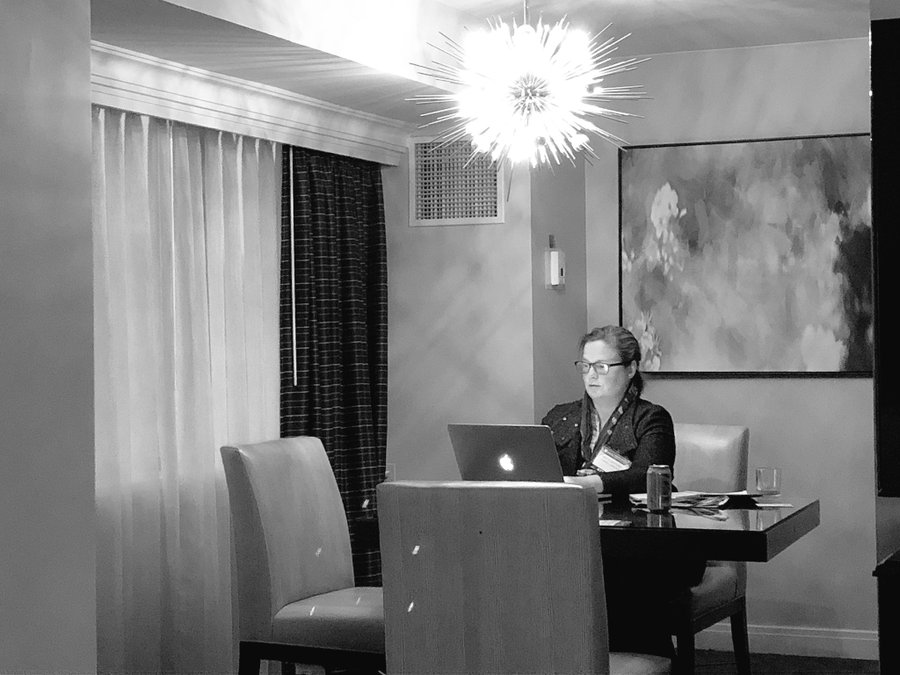
Mark Sarvary is an instructor in biology, science literacy, and science communication at Cornell University and conducts discipline-based education research. He received his Ph.D. from Cornell University in entomology and his two Master’s Degrees in ecology and in marketing in Hungary. He is a Faculty Fellow For Engaged Scholarship and a Fellow at the Carl Sagan Institute, where he leads the public engagement efforts. He conducts research in biology education, science communication, and public engagement.
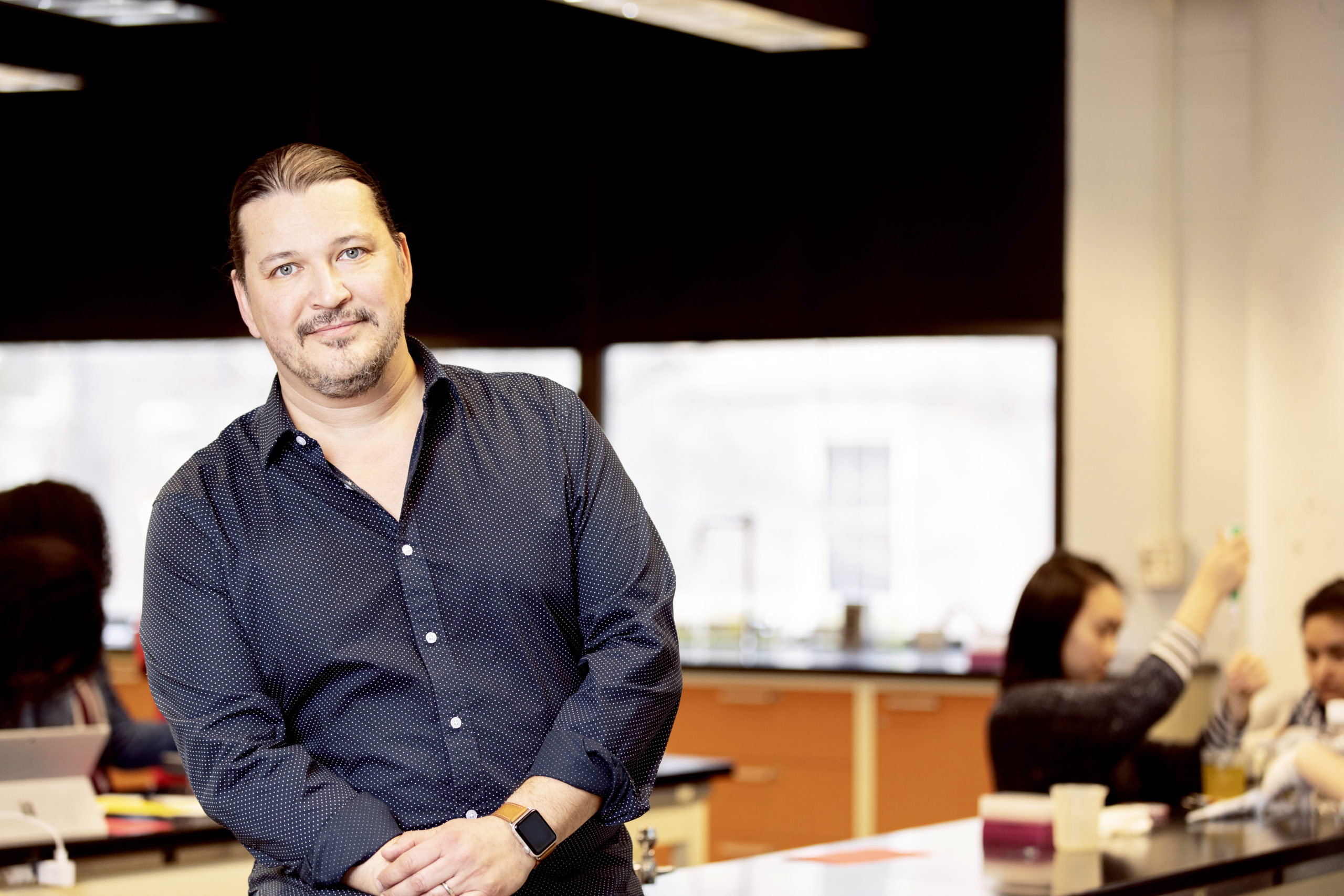
Kitty and Mark developed and co-teach this course, “Applied Science Communication: digital platforms and public engagement” at Cornell University and at the Shoals Marine Laboratory. They also hold science communication workshops for undergraduate researchers, postdocs, and faculty members at Cornell and at other institutions.
As part of their public engagement efforts, they ran a popular science cafe called Science Cabaret for over a decade and they co-produce a science podcast called Locally Sourced Science. They both played a fundamental role in creating the Science Communication and Public Engagement undergraduate minor at Cornell University.
The instructors continuously look for new materials and pedagogical methods to make the course relevant, interesting, and engaging. They are both scholars and practitioners of science communication and public engagement. They recently published a book chapter about some elements of this course and they attend conferences, hold workshops and practice science communication and public engagement.
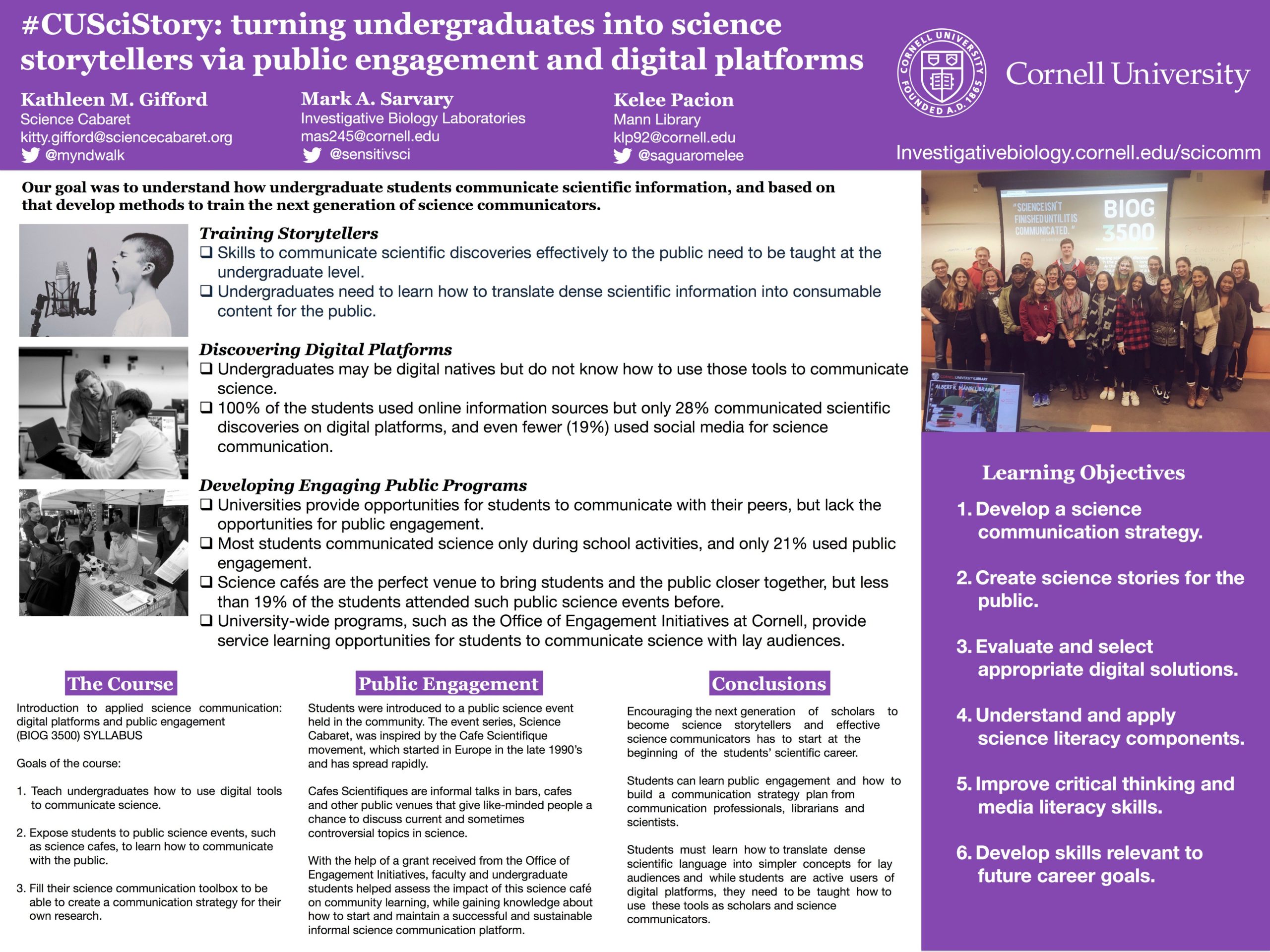
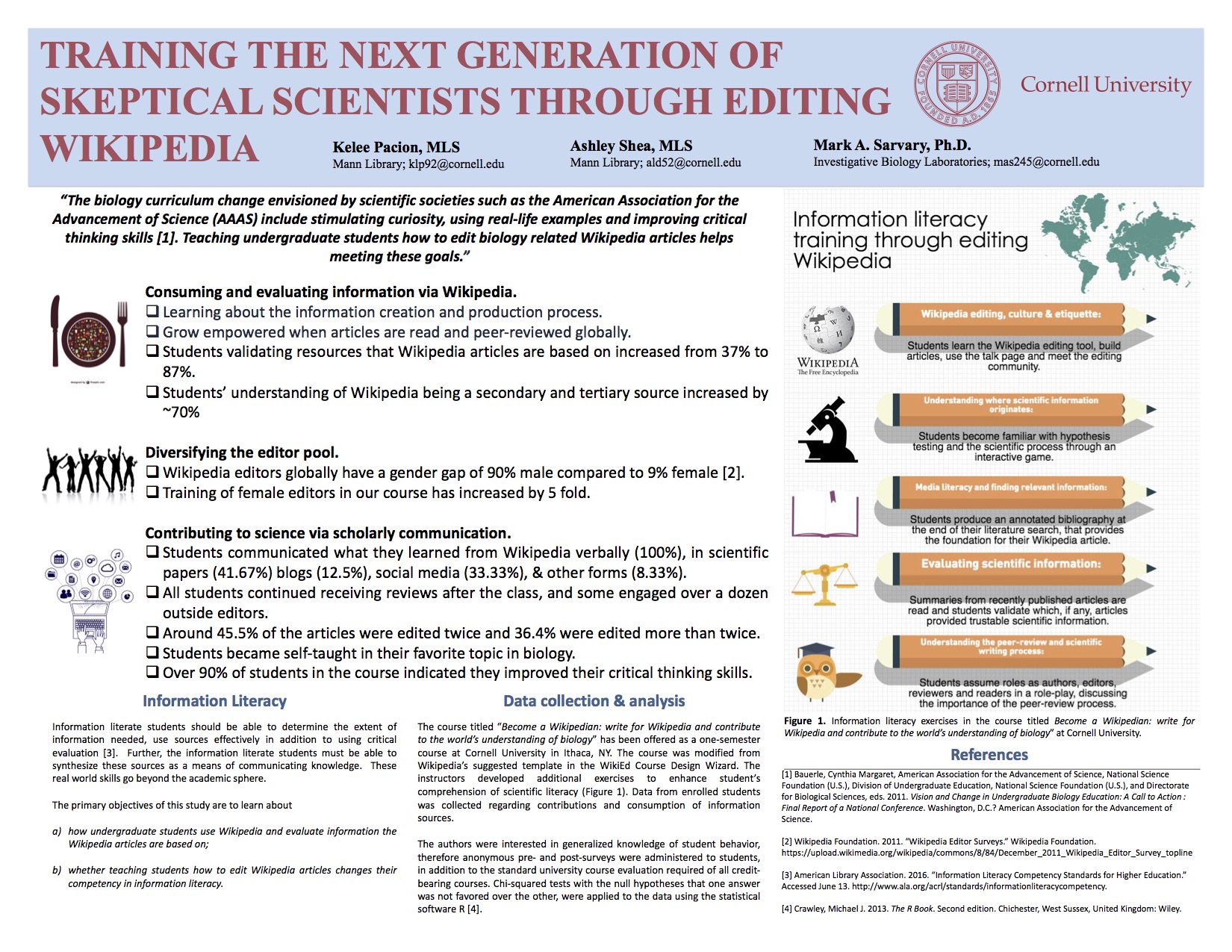
COURSE LEARNING OBJECTIVES
By the end of this course, students should be able to…
- Engage the publics and policymakers in a scientific dialogue using digital platforms and public science events.
- Assess audiences, communication tools and storytelling methods.
- Develop an effective science communication strategy.
- Apply the components of science literacy and critically evaluate information sources.
- Translate dense scientific information into easily consumable content for the publics and for policymakers, using oral, visual, and written communication skills.
- Develop a comprehensive communication skillset necessary for today’s education and tomorrow’s employment.
During the semester students pick up storytelling skills, learn how to evaluate information, identify and assess audiences and engage them using digital tools such as social media platforms, podcasts, and videos.
Students learn how to use these tools strategically, and they create a communication plan with elements that can be transferred from one project to the next. This course gives students transferrable skills they can use throughout their entire scientific career.
Students learn how to create engaging videos to become part of their communication strategy. Click on the video on the right to watch what was created for this strategy. More videos can be found on the course YouTube Channel.
Infographics can communicate lots of information in a concise way. These 3 infographics were strategically designed and released to engage the target audience. To accompany the infographics, the student also produced a podcast for Locally Sourced Science to strategically communicate her message.

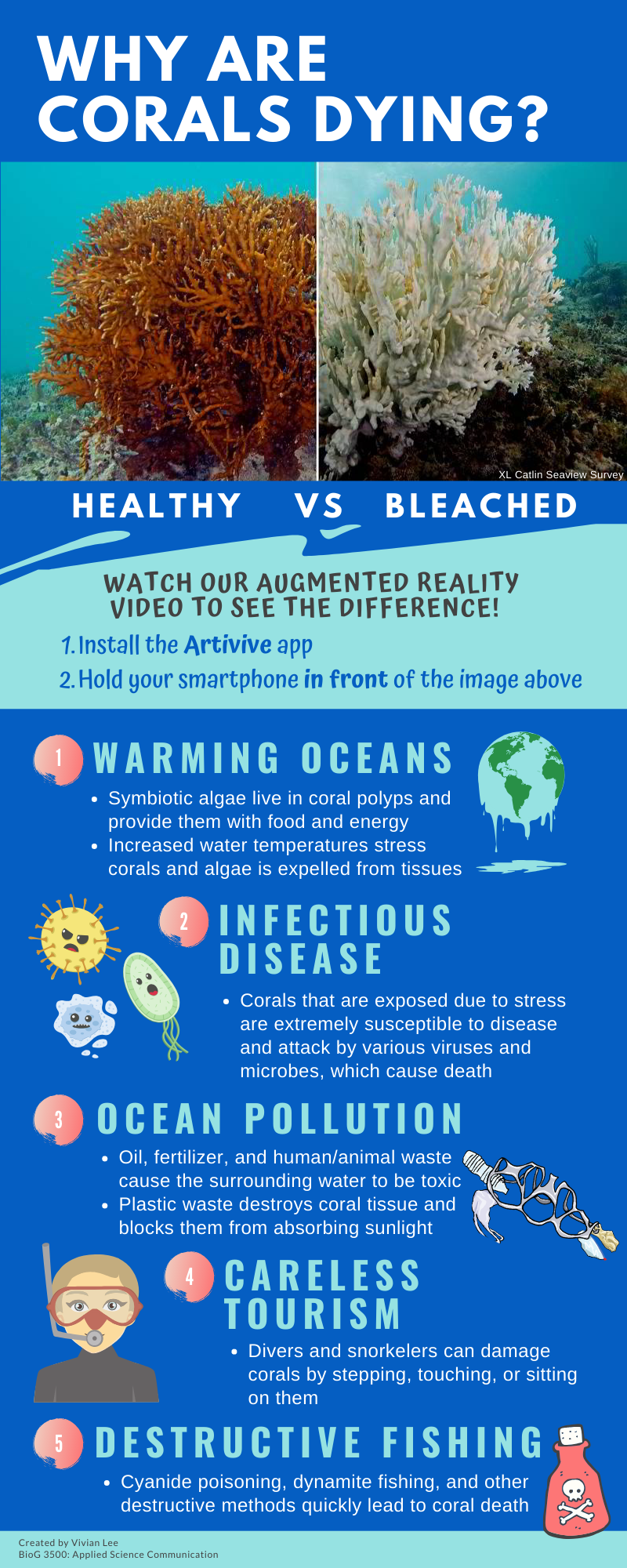
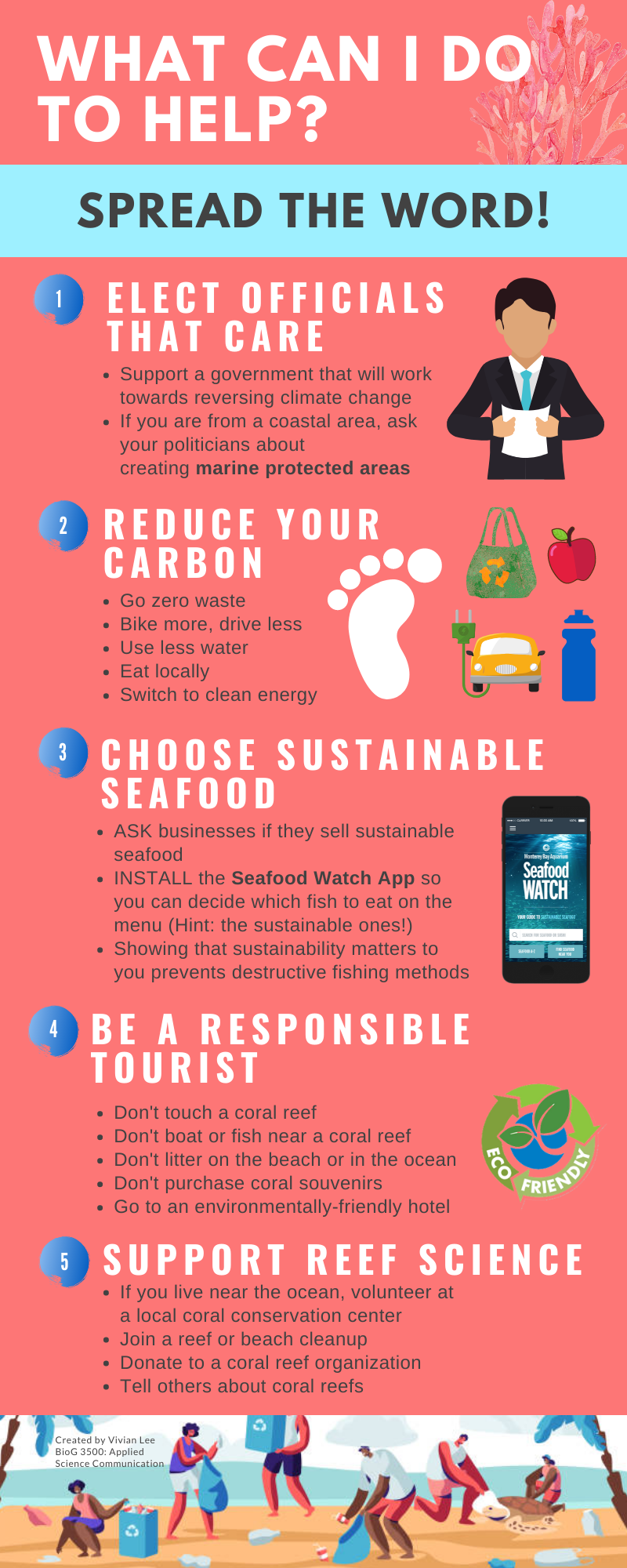
Life outside of the classroom Greater impact:
Students also learn how to create good podcasts. The communication strategy above included an interview, that became part of episode 81 on Locally Sourced Science. Click on the image below to listen to the student’s interview embedded into the podcast.
Students’ work is often used outside of the classroom, like the podcast on the left, or the Claymation video made by one of our student’s below:
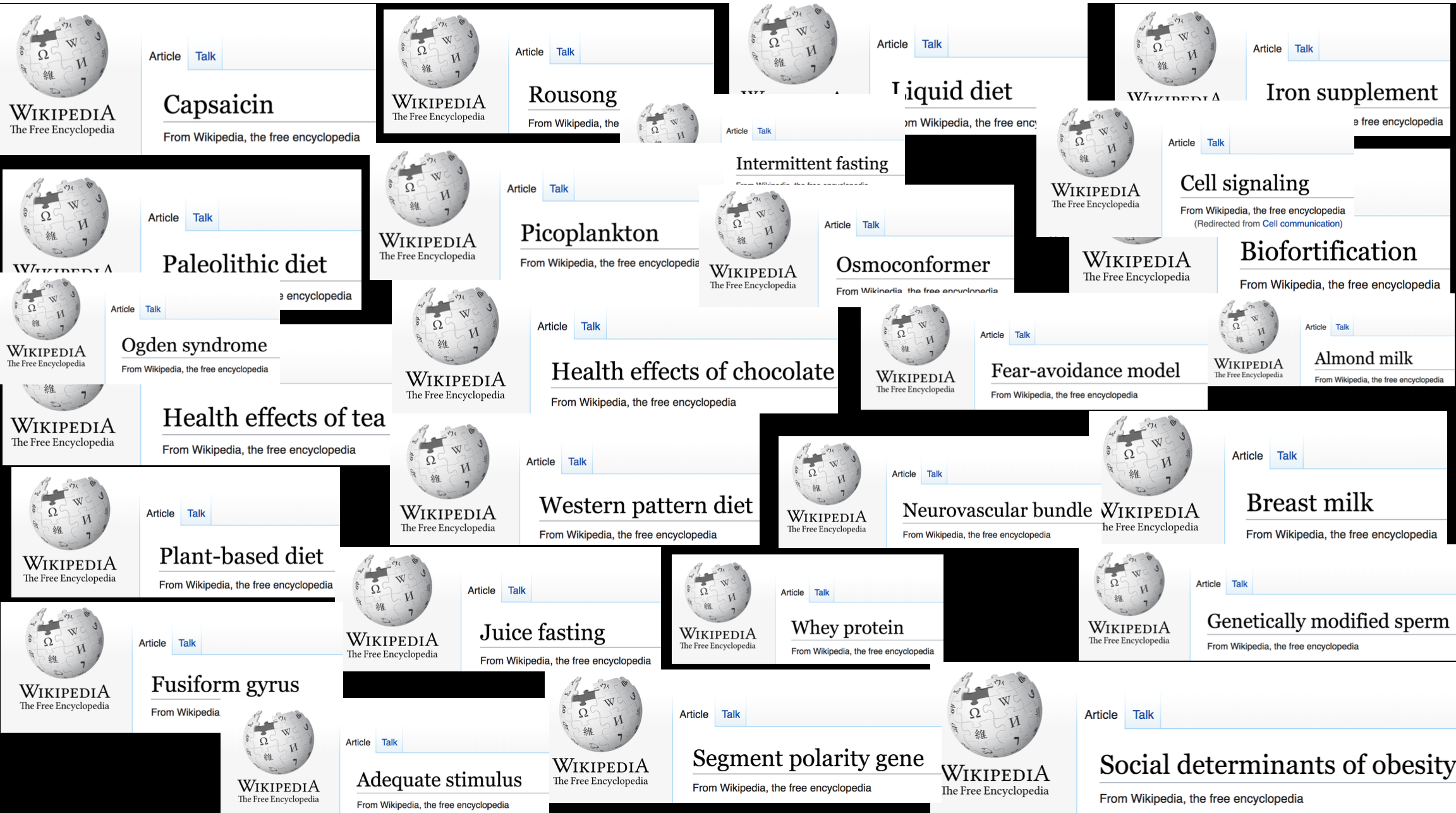
Same course, different location Shoals Marine Laboratory (BioSM 3500)
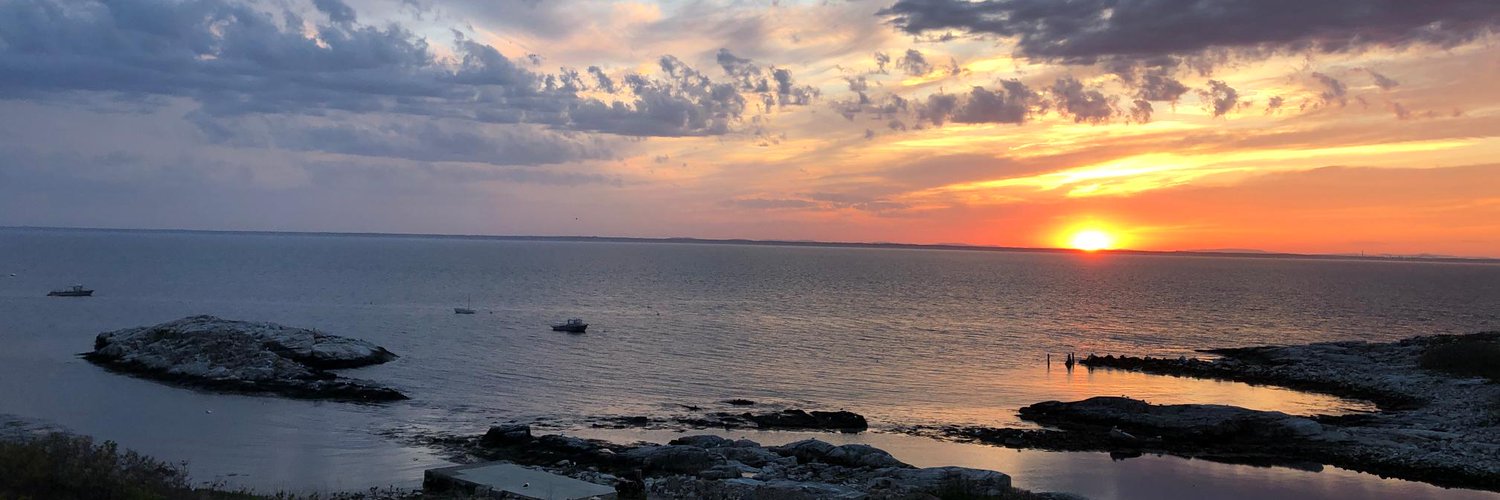
During the summer the course has been taught at the Shoals Marine Laboratory on Appledore Island of the shores of Maine. These two Locally Sourced Science episodes below were hosted and produced by BioG 3500 students at Cornell University & highlight BioSM 3500 students at the Shoals Marine Laboratory.


